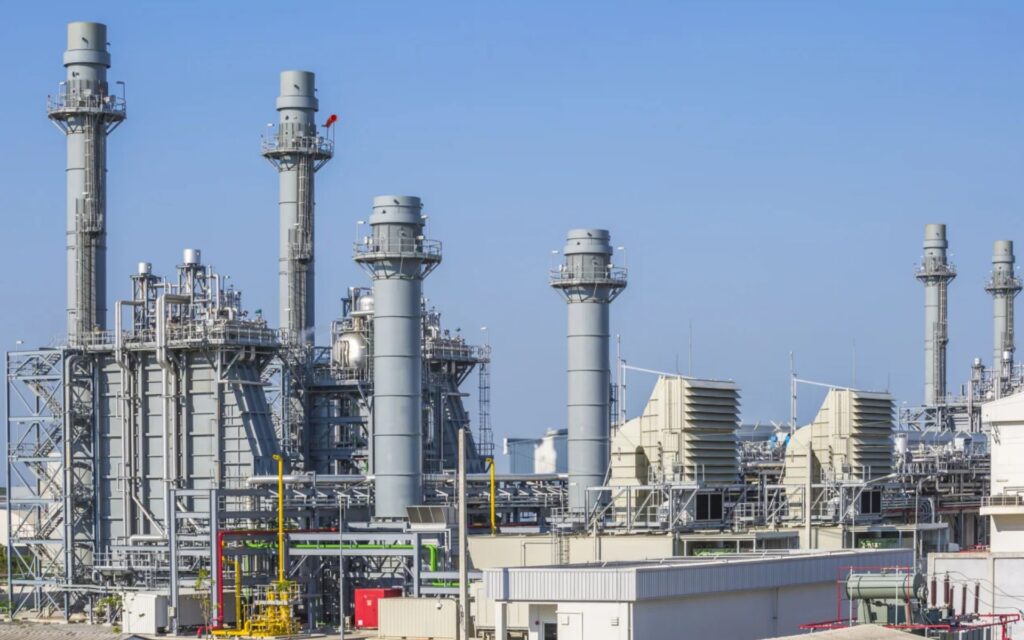Generation

Africa’s Role in Global Energy Shifts: Harnessing Renewables and Natural Gas

Africa is emerging as a key player in the global energy transition, harnessing its vast renewable resources, abundant hydrocarbons and wealth of critical minerals. While challenges such as infrastructure gaps and high initial costs persist, innovative solutions like green hydrogen, advanced battery storage and large-scale renewable projects are gaining momentum throughout the continent. With substantial investments and new initiatives such as the African Energy Bank (AEB), Africa is well-positioned to meet both regional and global energy demands, driving sustainability and economic diversification.
Tech-Driven Renewable Energy Solutions
Africa is leveraging its abundant renewable energy resources – sunlight, wind and geothermal – to address the continent’s energy access challenges. Despite this potential, infrastructure gaps, high initial costs and technical barriers hinder widespread adoption. Countries like South Africa are testing innovative storage solutions like sodium-ion and solid-state batteries to enhance grid stability.
Additionally, pilot projects – such as the $10-billion Hyphen development project – in Namibia are exploring green hydrogen as a transformative energy solution, with South Africa’s Boegoebaai green hydrogen hub and Morocco’s $32.5 billion investment package leading large-scale initiatives. Meanwhile, projects like Mali’s Rural Electrification solar project and Ethiopia’s Rural Electrification Project II highlight scalable solutions. Endowed with abundant resources, Africa has the potential to lead global energy shifts, especially in renewable energy production and storage, helping meet global sustainability goals while advancing its own development.
Natural Gas as a Transition Fuel
Liquefied Natural Gas (LNG) is becoming a key player in Africa’s energy sector, with the continent holding 6% of global gas reserves – a number expected to grow by 15% by 2030. Data analytics company Wood Mackenzie projects that Africa could supply 12 million tons of LNG annually by the 2030s, offering energy stability and economic diversification to the continent while reducing reliance on coal, oil and imports. By 2050, it is estimated that natural gas will comprise 30% of Africa’s energy mix, showcasing a strong potential for investment in the sector.
Africa’s growing natural gas sector, with major LNG projects in Mozambique, Tanzania, Senegal and Mauritania, will contribute towards meeting global energy demand, especially in Asia and Europe. Despite the push for renewables, natural gas remains crucial for the energy transition, offering a cleaner alternative to coal and oil. As such, new producers like Mozambique and Tanzania, along with traditional exporters such as Angola and Algeria, will diversify global supply, meeting both local and international needs.
The Role of the African Energy Bank
Ahead of its 2025 launch, the AEB – developed by pan-African financial institution the African Export-Import Bank and the African Petroleum Producers’ Organization – aims to address key challenges in Africa’s energy sector. With $5 billion in initial capital, the bank will focus on financing, trading and risk management, with countries like Ghana, Nigeria, Angola and Congo supporting its mission.
The AEB was created to address the urgent need for new financing sources for African energy projects, spanning oil, gas, renewables, power infrastructure, green hydrogen and petrochemicals. Africa’s energy finance gap is estimated at between $31 billion and $50 billion, worsened by reduced funding for fossil fuel projects amid the global energy transition. Despite promises of climate financing, Africa receives under 3% of global energy investment, leaving over 600 million people on the continent without electricity. The AEB steps into this picture to offer a new source of financing for key energy and infrastructure projects, ensuring African projects remain viable despite global capital shifts. As such, the institution promotes African energy interests, supporting the continent’s energy access and sustainability targets.












